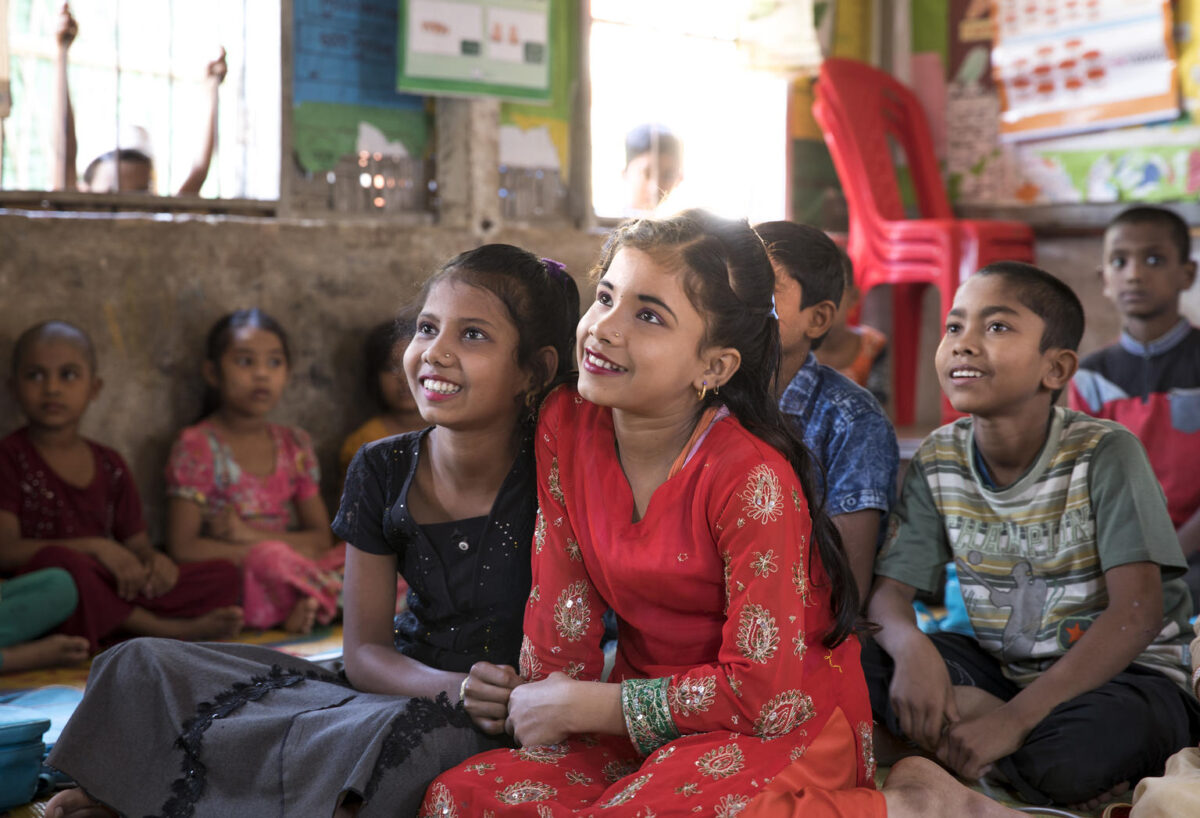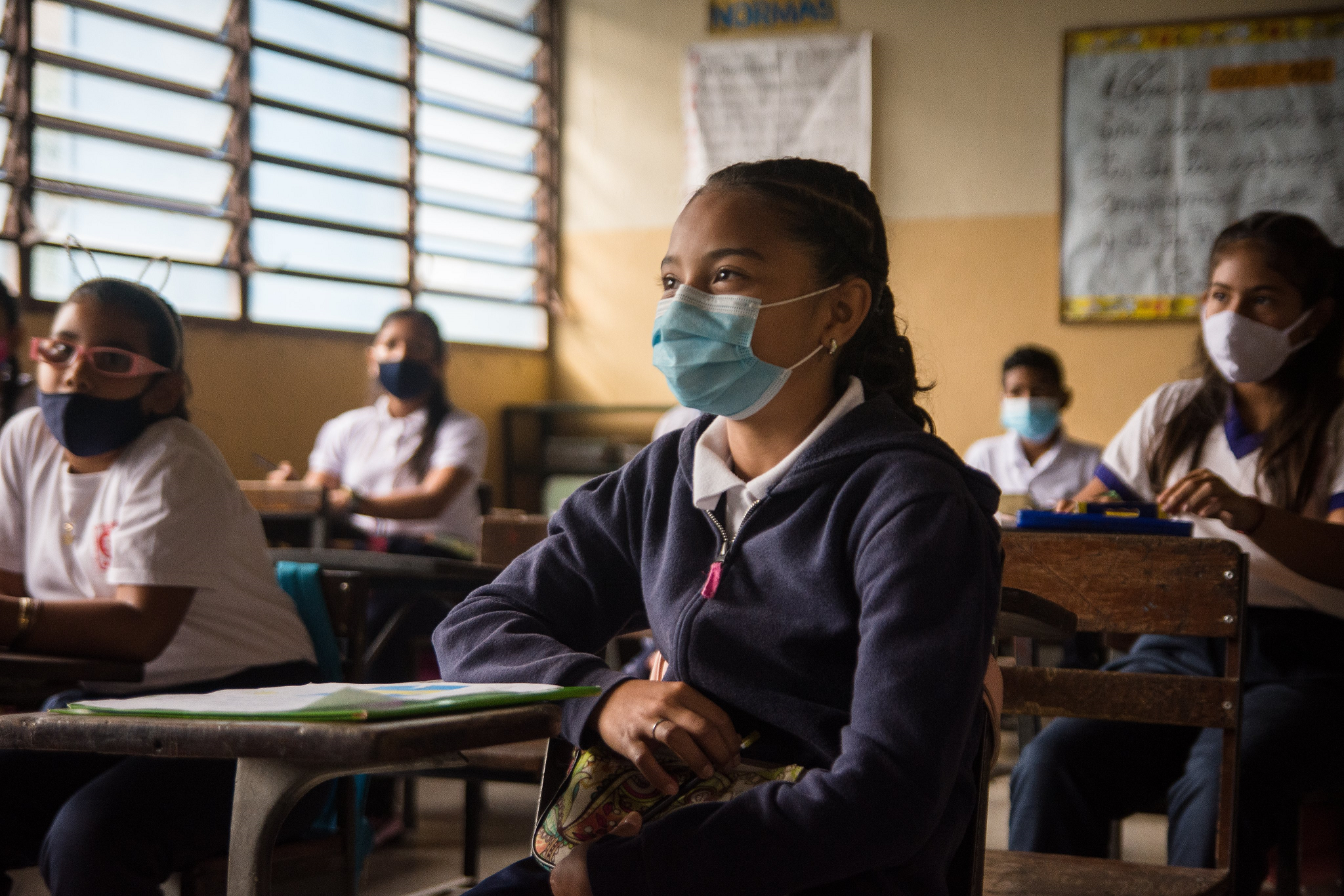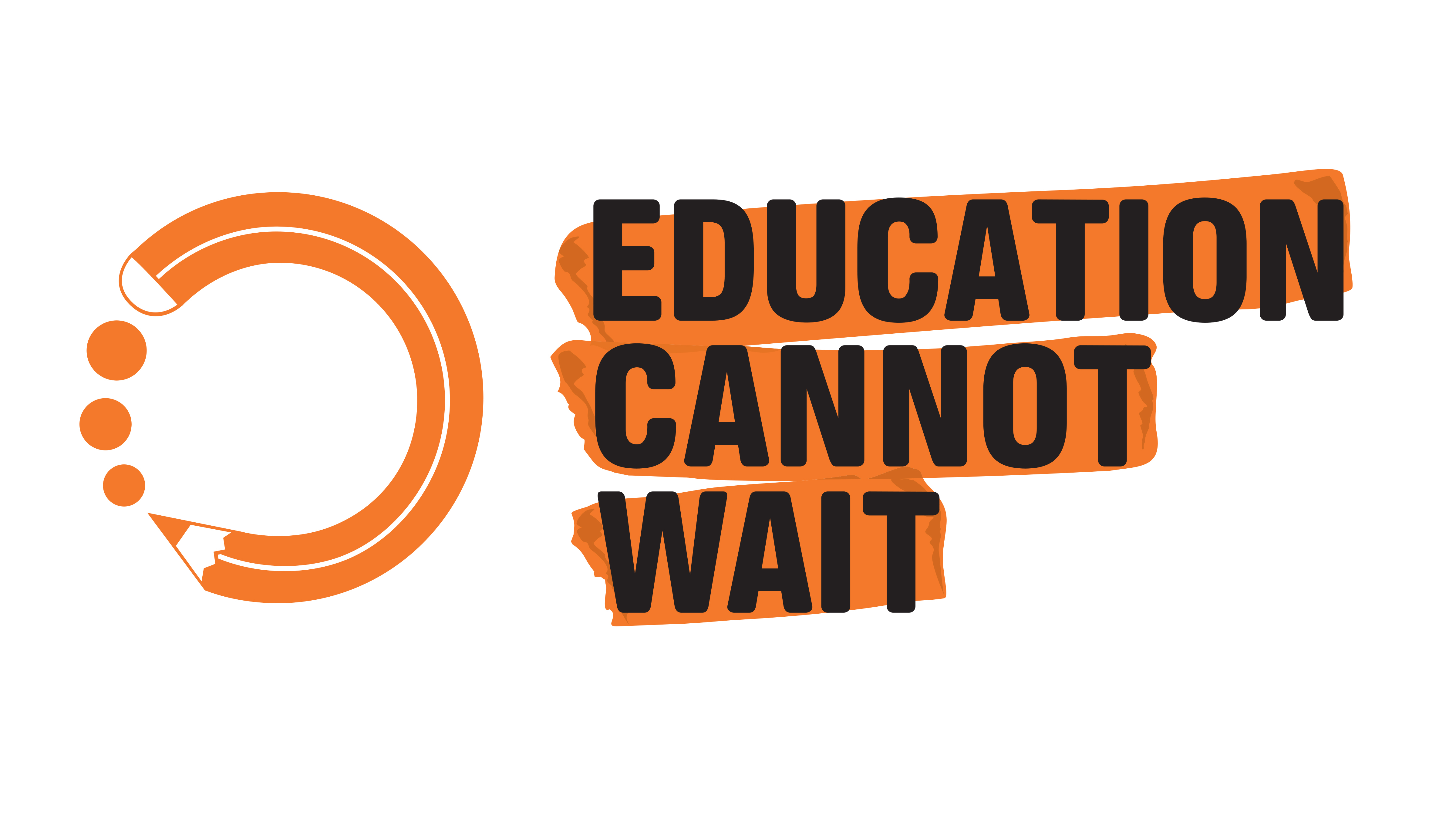Education Cannot Wait Announces US$13.2 Million in New Funding to Support the Response to the Rohingya Crisis in Bangladesh

Delivered by consortia headed by Plan International, Save the Children and UNICEF, the grant aims to catalyze an additional US$31.8 million to provide much needed education support to a total 350,000 children and adolescents
31 December 2021, New York – Education Cannot Wait (ECW) announced today a new US$13.2 million catalytic grant in Bangladesh. The grant will reach 130,000 Rohingya refugee and Bangladeshi host community children and adolescents, providing a mechanism to mobilize and align additional donor funding to scale-up the education in emergency response in the country.
ECW and partners are calling for an additional US$31.8 million to fully-fund and scale-up the multi-year programme to reach 350,000 refugee and host-community children and adolescents impacted by COVID-19 and the Rohingya refugee crisis. To reach the most vulnerable and at-risk children, 60% of the grant will be allocated to support girls’ education and 10% will help children with disabilities.
This past year, ECW funding has already had a huge impact in the lives of children living in Cox’s Bazar, Bangladesh. ECW has scaled-up its Multi-Year Resilience Programme and launched new First Emergency Response Grants that responded to COVID-19 and fires in the Cox’s Bazaar refugee camp.
The new funding will be delivered by consortia headed by Plan International ($3,350,000), Save the Children ($3,350,000) and UNICEF ($6,500,000), in coordination with the Government of Bangladesh and other local partners, over the next three years.
“Cox’s Bazaar is the largest refugee camp in the world. Both Rohingya refugee children and host Bangladeshi children face various vulnerabilities that negatively impact their learning. These children and youth have experienced the trauma of losing their homes and loved ones, and have suffered long-term displacement, fires and the devastating impacts of COVID-19,” said Yasmine Sherif, Director of Education Cannot Wait, the UN’s global fund for education in emergencies and protracted crises. “These girls and boys are being denied their human right to the safety, protection and dignity that education provides. We must unite behind them and support their non-negotiable right to access safe learning environments.”
“Plan International Bangladesh, with consortium partners, will focus on responding to the education needs of 14,100 vulnerable children and adolescent girls and boys aged 3-18, including 60% girls, in Rohingya camps and host communities with early childhood development services, basic education, and literacy, numeracy and life skills under the ECW MYRP. Parents and caregivers will be provided with parenting education and there will be community mobilisation activities focused on women’s and persons with disabilities groups. This consortium will also introduce multimodal support for teachers, caregivers and learners, including continuous professional development for teachers to ensure quality learning. Immense thanks to ECW for creating access opportunity to quality education and wellbeing of the most vulnerable and at-risk children and adolescents,” said Afroz Mahal, Acting Country Director, Plan International Bangladesh.
“Investing and providing access to safe learning supports an entire generation of refugee children to grow up with hope and dignity for a brighter future. We owe it to them to invest in their education now to enable them to realize their full potential in the future,” said Mr. Sheldon Yett, UNICEF Representative to Bangladesh. “These funds will be used for expanding the number of learning centres, ensuring that education facilities and services meet the needs of girls, and improving the skills of teachers.”
In August 2017, close to 740,000 Rohingya people fled from Myanmar to Bangladesh. Estimates indicate that as many as 884,000 refugees are living in the Cox’s Bazaar refugee camp; over half of them are under the age of 18.
With the backing of the Government of Bangladesh, UN agencies, donors and other partners, access to education expanded rapidly between 2017 and 2020. But COVID-19 school closures, economic hardships, gender inequality and reoccurring disasters are severely affecting both refugee and host community children and adolescents.
Building on Impact
The ECW-financed Multi-Year Resilience Programme from 2018 to 2020 met and exceeded targets in Bangladesh, reaching over 88,000 children and enrolling over 60,000 children for new learning opportunities in the camps, settlements and host communities.
The new investment builds on this impact and will address the new needs that have developed with the COVID-19 pandemic. The investment focuses on improved access, equity and inclusivity, quality learning, systems strengthening and resource mobilization.
For Press Inquiries:
Anouk Desgroseilliers:
adesgroseilliers@un-ecw.org
+1-917-640-6820
Kent Page:
kpage@unicef.org
+1-917-302-1735



